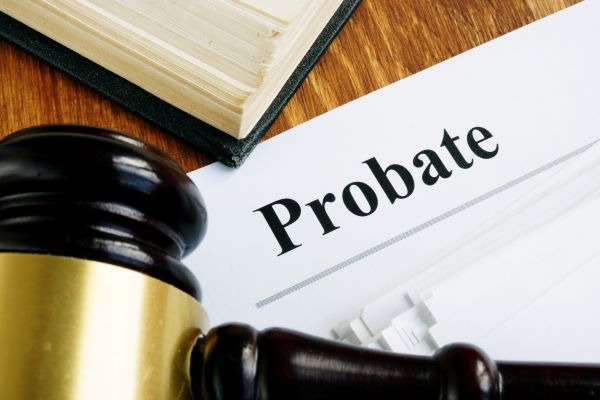When a loved one passes away, the emotional turmoil can be overwhelming, and the last thing anyone wants to think about is the legal process that follows. However, navigating the probate process is essential to ensure that the deceased’s wishes are honored and their assets are distributed according to their will—or, if there is no will, according to state law. This is where a probate attorney comes into play, offering guidance and support during a challenging time.
A probate attorney proficient in managing the legal aspects of estate administration, which can include filing necessary court documents, handling disputes among heirs, and addressing outstanding debts. By enlisting the help of an experienced probate attorney, individuals can alleviate some of the stress associated with this process, ensuring that everything runs smoothly and efficiently. This article will delve into the roles, responsibilities, and benefits of hiring a probate attorney, helping you make informed decisions during a difficult time.
Understanding the Role of a Probate Attorney
A probate attorney plays a crucial role in navigating the complexities of estate administration. They are responsible for filing the will with the probate court, which begins the process of validating the deceased’s last wishes. This includes preparing and submitting various legal documents, notifying creditors, and ensuring that all debts and taxes are settled before distributing assets to the heirs. In contentious situations, probate attorneys also help mediate disputes among beneficiaries, which can be particularly helpful in maintaining family relationships during an emotionally charged time.

Benefits of Hiring a Probate Attorney
Engaging a probate attorney can significantly ease the burden of the probate process during a challenging period. Their guidance not only streamlines the legal procedures but also minimizes the risk of costly mistakes that can arise from misunderstanding legal requirements. Additionally, a probate attorney can provide advice on various estate planning issues and may even refer clients to a trust attorney for more complex matters involving trusts and inheritances. Overall, their guidance offers peace of mind, ensuring that the estate is handled according to legal standards and the wishes of the deceased.
In conclusion, hiring a probate attorney can make a significant difference in how smoothly the probate process unfolds during a time of grief. Their proficient knowledge and experience provide not only legal guidance but also compassionate support, which can be invaluable for families navigating the complexities of estate administration. By effectively managing paperwork, resolving conflicts, and ensuring compliance with relevant laws, a probate attorney helps to honor the legacy of the deceased while alleviating the burden on grieving loved ones. Ultimately, securing professional assistance can help ensure that the distribution of assets is handled fairly and efficiently, allowing families to focus on healing rather than getting lost in legal intricacies.



